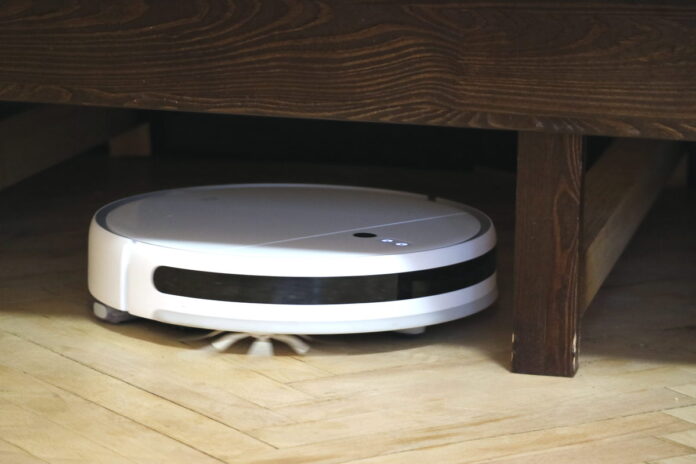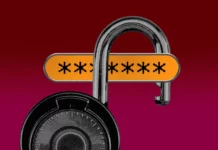Since their introduction in the 2000s, robotic vacuum cleaners have improved significantly. They can quickly clean the entire room, driving around any object. However, this convenience comes at a price.
To cope with obstacles, modern robotic vacuum cleaners are equipped with sensors, GPS, or even cameras. While using powerful tools to clean dust, a smart vacuum cleaner also collects your personal data.
The recent leak of intimate photos taken by a robotic vacuum cleaner has caused a wave of concern about how much your vacuum cleaner knows about us and what information it shares with others.
So ESET experts have prepared a list of the main dangers and recommendations for preventing potential spying.
What does your vacuum cleaner know about you?
Several well-known cases have drawn attention to the topic of espionage. In early 2022, MIT Technology Review received personal photos from home and intimate photos taken from below at an angle. According to the publication, these pictures were taken by iRobot’s J7 series Roomba. This well-known robot vacuum cleaner supplier confirmed that these images were taken by its device in 2020 as part of the product development process.
The images were taken by Roomba and then sent to Scale AI, which uses them to develop artificial intelligence and help iRobot improve its products by recognizing more objects and obstacles. Unfortunately, in this case, several Scale AI employees did not comply with the confidentiality agreement and shared the photos taken by the robot vacuum cleaner in private social media groups.

How can the data be used?
In August 2022, Amazon announced its intention to acquire iRobot. The deal raised concerns about market competition and privacy. In July 2023, the European Commission announced a formal investigation to see if the deal could provide major business benefits to a company like Amazon. In particular, the question of whether the collected images could be used to improve shopping suggestions and better tailor ads based on real personal data required additional study.
For example, robotic vacuum cleaners can know your daily routine based on the cleaning schedule you set. Similarly, stored floor maps of houses show the size and design of the house, which can be used to infer income levels and other information about living conditions. And, of course, photos of your home can be leaked to help identify you and your residence.
The more powerful the device, the more opportunities for spying?
The latest versions of robotic vacuum cleaners usually store a map of your home and can be controlled via a smartphone app. Many of these models also have voice control compatible with Amazon Alexa or Google Assistant. And most of the smart features are available through cameras, sensors, and microphones.
If you want a robot vacuum cleaner that is focused on keeping your data private, look for those that rely on inertial measurements by combining gyroscopes and accelerometers. Such devices don’t require cameras, lasers, or mapping features that can be used for spying. The downside, however, is that they move less efficiently than their high-end counterparts and may repeatedly pass through some parts of your home.
Use secure mobile apps to control your robot vacuum instead of voice control to prevent potential spying.
What should I look for before buying a new robot vacuum?
- Some models can work offline without some features, such as remote control or scheduled cleaning. Others need to be specially configured to not send data to the manufacturer’s server and reduce the risk of data collection or spying.
- Many devices can also be prevented from entering certain rooms, such as a bedroom or bathroom. This can be done through settings or by using virtual barriers.
- Before you buy a new robot vacuum cleaner, also check the manufacturer. Choose one that encrypts data and requires two-factor authentication to access the mobile app.
- Choose a vendor that offers regular updates to the smartphone app and the robot vacuum’s firmware.
- Always check the lifespan of the device you are purchasing and the expected duration of support from the manufacturer.
Convenience or privacy?
The evolution of smart vacuum cleaners is an example of how people trade sensitive data for convenience. The more powerful our smart devices are and the more information they can collect, the higher the risk of data leakage. So, for those who value the privacy of their data and are afraid of being spied on, the best way to go is to use a standard vacuum cleaner without new features.
However, if you still think that robot vacuums are too convenient to give up, choosing the settings you want and the information they can collect is one way to maintain some control over your data and prevent it from falling into the wrong hands, as well as the danger of potential spying.









